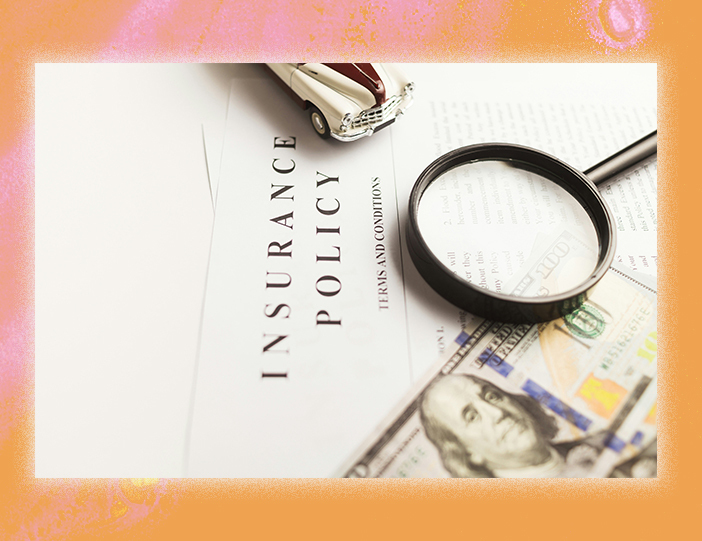
Preparing for Financial Emergencies: A Practical Guide
Steps you can take to protect yourself.
Financial emergencies can strike at any moment, leaving you grappling with unexpected expenses and potential financial hardships. Whether it’s a sudden medical bill, car repair, or job loss, being prepared is crucial to navigating these challenges smoothly. Thankfully, with appropriate planning and precaution, you can minimize the impact of financial emergencies. This guide will walk you through actionable steps to safeguard yourself against such unforeseen circumstances.
Understand the Importance of an Emergency Fund
An emergency fund is a safety net designed to cover unforeseen expenses without derailing your financial stability. Experts recommend having at least three to six months of living expenses in an easily accessible account.
This fund serves as a buffer, allowing you time and space to address the emergency without resorting to high-interest credit cards or loans. When considering how to open a savings account specifically tailored for emergencies, look for features such as no minimum balance requirements, competitive interest rates, and easy access to funds.
Many banks and credit unions offer specialized accounts for such purposes. Setting up automatic transfers to this account every month can help ensure you continue to contribute steadily without thinking about it.

Develop a Budget
Creating and maintaining a budget is foundational to financial preparedness. A detailed budget allows you to track your income and expenses, highlighting areas where you can cut back and save. Begin by listing all your regular monthly expenses, including rent or mortgage, utilities, groceries, and discretionary spending. Then, subtract this total from your monthly income to see where your money is going.
Allocating a portion of your income into your emergency fund should be a priority. By adhering to a budget, you can ensure that you’re saving diligently and are better prepared for any financial emergencies that might arise.
Reduce Debt
High-interest debt can be particularly burdensome in a financial emergency. Reducing or eliminating debt should be a key part of your financial strategy. Focus on paying off high-interest credit cards and loans first, as they can quickly spiral out of control. Consider strategies like the debt avalanche (paying off the highest interest debt first) or the debt snowball (paying off the smallest debts first to build momentum).
The less debt you have, the more money you can put towards your emergency savings, housing, and other critical expenses. In the event of an emergency, having lower debt levels will also mean fewer obligations to worry about.

Insure Against Risks
Insurance is a critical component of financial preparedness. Adequate insurance coverage can mitigate the financial impact of many common emergencies. Health insurance is crucial, as medical emergencies can be exceedingly expensive. Homeowner’s or renter’s insurance can cover the costs of property damage, while auto insurance provides protection in the event of a car accident.
Life insurance is another consideration, particularly if you have dependents relying on your income. While insurance represents an ongoing expense, the protection it provides can be invaluable when dealing with a financial crisis.

Create Secondary Income Streams
One effective way to bolster your financial preparedness is by creating multiple sources of income. This can include side jobs, freelancing, investing, or creating passive income streams like rental properties. Diversifying your income can provide additional financial flexibility and security.
In times of emergency, having multiple income streams can help you weather the storm more comfortably. It also provides a cushion, reducing the strain on your primary source of income.
Stay Informed and Seek Professional Advice
Financial rules and regulations change, and it’s crucial to stay informed about these changes. Regularly reviewing your financial plan and staying educated about personal finance can help you adapt to new circumstances. Numerous resources are available online, including financial blogs like Savings Grove, courses, and podcasts.
For more personalized advice, consider consulting a financial advisor. These professionals can offer tailored advice to improve your financial health and preparedness, helping you navigate complex financial decisions with confidence.

Conclusion
Preparing for financial emergencies is about proactive planning and smart financial management. By understanding the importance of an emergency fund, developing a budget, reducing debt, securing adequate insurance, creating secondary income streams, and staying informed, you can significantly improve your financial resilience.
Taking these steps will not only help you manage emergencies more effectively but also provide peace of mind, knowing that you’re prepared for whatever the future holds. Start today, and you'll be better equipped to handle any financial challenges that come your way.











